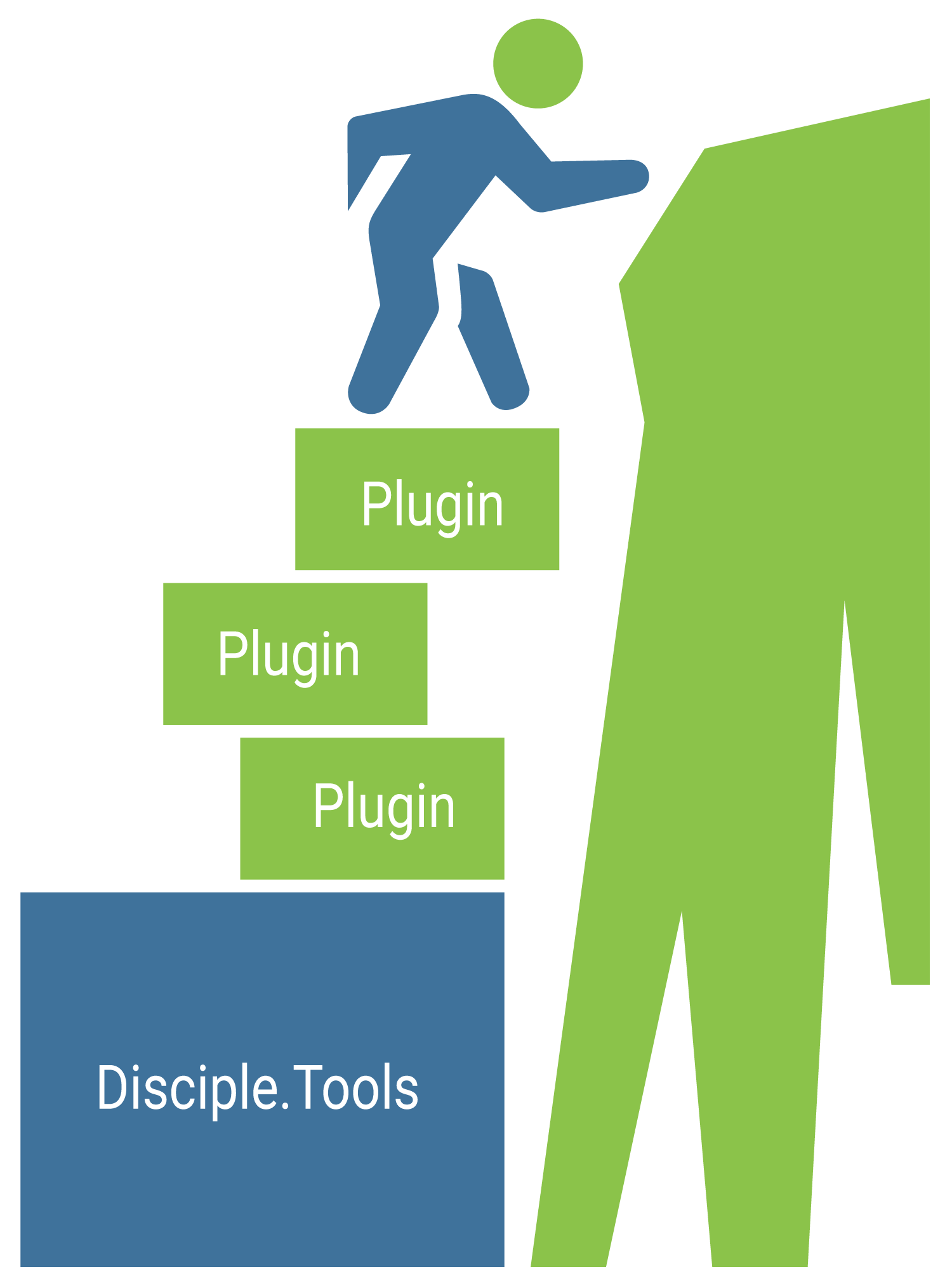Open Source
Why aren't Christians leading the open source movement?
Open Source is ...
What if we built software for the whole Kingdom, not just our own kingdom?
The Power of Openness
People prefer open source software to proprietary software for a number of reasons, including:
Control. Many people prefer open source software because they have more control over that kind of software. They can examine the code to make sure it’s not doing anything they don’t want it to do, and they can change parts of it they don’t like. Users who aren’t programmers also benefit from open source software, because they can use this software for any purpose they wish—not merely the way someone else thinks they should.
Security. Some people prefer open source software because they consider it more secure and stable than proprietary software. Because anyone can view and modify open source software, someone might spot and correct errors or omissions that a program’s original authors might have missed. Because so many programmers can work on a piece of open source software without asking for permission from original authors, they can fix, update, and upgrade open source software more quickly than they can proprietary software.
Stability. Many users prefer open source software to proprietary software for long-term projects. Because programmers publicly distribute the source code for open source software, users relying on that software for critical tasks can be sure their tools won’t disappear or fall into disrepair if the original creators stop working on them. Additionally, open source software tends to both incorporate and operate according to open standards.
Community. Open source software often inspires a community of users and developers to form around it. That’s not unique to open source; many popular applications are the subject of meetups and user groups. But in the case of open source, the community isn’t just a fanbase that buys in (emotionally or financially) to an elite user group; it’s the people who produce, test, use, promote, and ultimately affect the software they love.

Disciple.Tools is engineered for openness
Our code is open
You can see all our code on Github and download it and review it anytime you want. We’ve got nothing to hide!

Our framework is open
We built with the expectation of expansion. We know great commission ministries share a core burden of making disciple who make disciples and forming churches that plant churches. But ministries are also unique.
The core of Disciple.Tools is designed to support the common core of the work of the harvest.
Plugins are intended to extend Disciple.Tools to include elements unique to the needs of the ministry. Some plugins like Training or Facebook integration are community plugins. Ministries can also create plugins exclusively for their ministry, expanding Disciple.Tools to meet their specific needs.
Core = built for everyone
Plugins = expansions for your unique needs

Our licensing is open
Disciple.Tools is licensed under the GNU General Public License v2.
This license states: “The licenses for most software are designed to take away your freedom to share and change it. By contrast, the GNU General Public License is intended to guarantee your freedom to share and change free software–to make sure the software is free for all its users.”
In other words, we have freely given, so you can freely give.
Our development is open
We are actively building communities of individuals from different ministries and backgrounds to give leadership to the development of the Disciple.Tools ecosystem. Innovators and leaders from diverse backgrounds and countries of ministry will help Disciple.Tools become a true Kingdom system.




